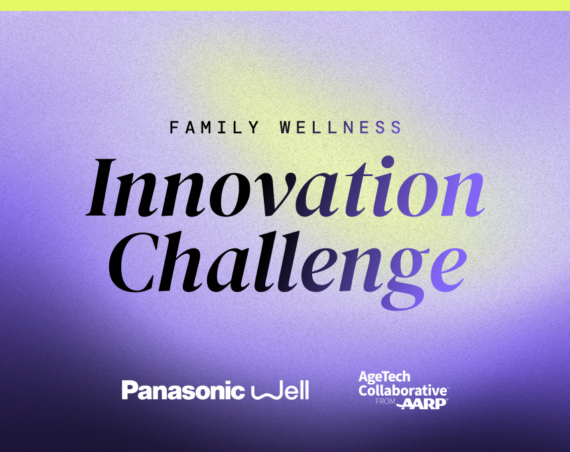
Evvy has published a peer-reviewed study demonstrating improved outcomes for bacterial vaginosis treatment through its at-home vaginal microbiome testing platform. The study, published in Microorganisms Journal, analyzed real-world outcomes across more than 1,000 patients using Evvy’s personalized approach.
The research found that 75.5% of patients reported symptom relief at four weeks following treatment through Evvy’s platform. At a mean follow-up of 4.4 months post-treatment, recurrence was 30%, compared to rates exceeding 50% in traditional care pathways.
Evvy’s platform combines next-generation vaginal microbiome sequencing with personalized, prescription-based clinical care delivered entirely at home. Traditional bacterial vaginosis care relies on microscopy and broad-spectrum antibiotics, which the company says results in high misdiagnosis and recurrence rates.
The study found patients experienced significant shifts from dysbiosis to Lactobacillus dominance, with notable reductions in BV-associated bacteria including Gardnerella and Prevotella. Patient adherence to treatment reached 78%, supported by one-on-one health coaching, digital treatment tracking, and educational resources.
“Traditional care has oversimplified vaginal conditions for far too long, resulting in misdiagnoses, repeated courses of antibiotics, and countless women left without answers,” said Dr. Kate McLean, Chief Medical Officer of Evvy. “This study shows that comprehensive testing and personalized care not only delivers targeted relief, but also restores the vaginal microbiome and prevents recurrence.”
The platform addresses access issues in women’s healthcare, where months-long wait times for OBGYN appointments are common and over one-third of U.S. counties lack OBGYN care entirely. Evvy’s approach allows comprehensive testing and clinician-guided treatment to be delivered remotely.
The study builds on Evvy’s recent peer-reviewed validation of its CLIA, CAP, and CLEP-certified Vaginal Health Test, published in Diagnostics, which showed 93.1% sensitivity and 90% specificity across 700+ microbes.
Bacterial vaginosis represents a leading reason women seek healthcare, making improved treatment outcomes significant for both patient care and healthcare system efficiency.



